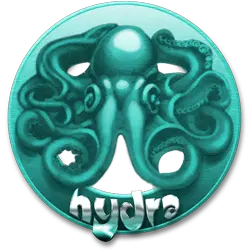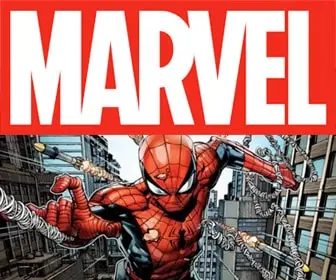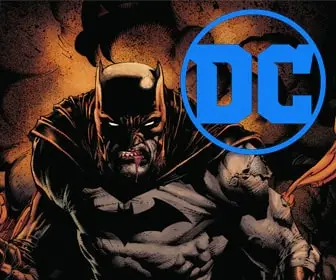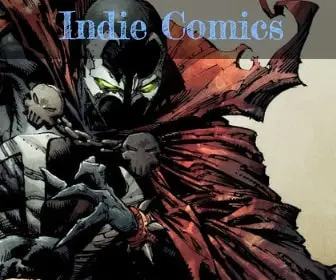
Comic Books and Social Issues: How the Medium Addresses Real-World Topics
Comic books, often seen as a form of escapist entertainment, have long been a platform for creators to address real-world social issues. By weaving these topics into their stories, comic books have raised awareness and sparked conversations about important issues such as racism, gender equality, and mental health. In this article, we will analyze how comic books have tackled social issues throughout their history, highlighting groundbreaking storylines and characters that have made a lasting impact.

- The Golden Age: World War II and Early Social Commentary
During the Golden Age of comic books (1938-1950), superheroes were often depicted fighting against the forces of evil, which frequently included real-world adversaries such as the Axis Powers during World War II. While these early comics provided a form of patriotic propaganda, they also laid the groundwork for future social commentary within the medium.
- The Silver Age: The Civil Rights Movement and Social Consciousness
In the Silver Age (1956-1970), comic books began to address more complex social issues, reflecting the era’s growing social consciousness. Marvel Comics, in particular, tackled themes of prejudice and discrimination through the X-Men, a team of superheroes who are feared and persecuted for their genetic differences. This groundbreaking series served as an allegory for the Civil Rights Movement, highlighting the importance of tolerance and acceptance.
- The Bronze Age: Addressing Social Issues Head-On
The Bronze Age (1970-1985) saw comic books addressing social issues more directly, with creators using their stories to raise awareness and encourage discussion. One of the most notable examples from this era is the “Green Lantern/Green Arrow” series by writer Denny O’Neil and artist Neal Adams. This groundbreaking run tackled topics such as racism, drug addiction, and environmental issues, pushing the boundaries of what mainstream comic books could address.
- The Modern Age: A Focus on Diversity and Representation
In recent years, the comic book industry has made significant strides in promoting diversity and representation, both in terms of characters and creators. Titles such as “Ms. Marvel,” featuring a Muslim-American teenager as the titular superhero, and “Black Panther,” which explores themes of African culture and identity, have helped to broaden the medium’s appeal and foster greater inclusivity.
- Groundbreaking Storylines That Sparked Conversations
Throughout the history of comic books, several storylines have had a profound impact on the way social issues are addressed within the medium. Some of these include:
- “The Amazing Spider-Man” #96-98: This storyline, which dealt with drug addiction, was published without the approval of the Comics Code Authority, ultimately leading to the revision of the Code’s guidelines.
- “The Dark Knight Returns” by Frank Miller: This seminal work explored themes of political corruption, media manipulation, and the nature of heroism in a dystopian future.
- “Watchmen” by Alan Moore and Dave Gibbons: A groundbreaking deconstruction of the superhero genre, “Watchmen” delved into issues such as nuclear proliferation, political extremism, and the ethics of vigilante justice.
Comic books have long been a platform for creators to address real-world social issues, using their stories to raise awareness and spark conversations about important topics. From the early days of the medium to the present, comic books have evolved to tackle increasingly complex issues, reflecting the changing social landscape and challenging readers to think more deeply about the world around them. As the medium continues to grow and diversify, comic books will undoubtedly remain a powerful tool for social commentary and change.










